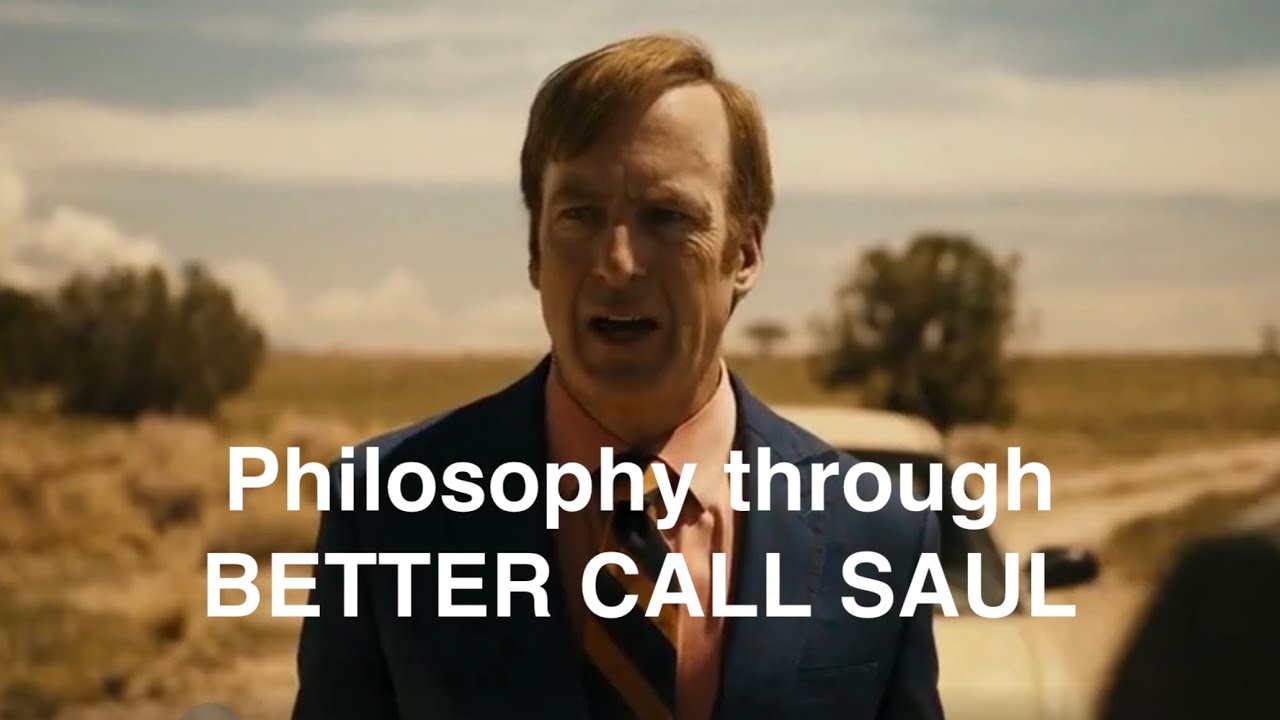Philosophy through ‘Squid Game’
An Kantian look of Epicurean proportions.
The acclaimed Netflix series of 2021 reached number one in 94 countries, drawing over 142 million households in four weeks. As of November 2021, this makes it the most successful Netflix show to date. The show, rife with moral conflict, makes an interesting viewing while wearing our philosopher glasses.
In this article, we’re using Squid Game to look at two schools of moral thought: those of Epicurus and Kant.
A note for the uninitiated: if you want to avoid spoilers at all cost, perhaps you’re better off reading something entirely different.
The premise
A group of unrelated people, all in deep debt, are invited to play a series of children’s games for a chance to win 45.6 billion [su_tooltip text=”the basic monetary unit of North and South Korea, equal to 100 jun in North Korea and 100 jeon in South Korea.”]Won[/su_tooltip] in cash. The players are kept under watch at all times by masked guards, and they soon discover that losing a game results in their death. We see how the ruthlessness of the game drives some players to build alliances, somewhat echoing the social contract theory of Thomas Hobbes and others. Other players turn ruthless even on allies to improve their chances of survival.
Moral philosophy in Squid Game.
Ethics is that branch of philosophy that deals with moral principles. We are addressing moral issues when we ask the question, “how should one act?”. When we concern ourselves with moral matters, we examine questions about what it means to be a good person, what are morally right and morally wrong choices. Squid Game doesn’t leave its characters, or us viewers, short of moral difficulties.
An epicurean bloodbath
The characters in Squid Game want money. Most of us can identify with that want. Money can buy almost anything: food, shelter, healthcare, education, financial security, and power. The more money one has, the higher the degree of such things becomes. Money can buy us a certain degree of freedom and choices; it affords us autonomy to a degree we can only dream of.
Arguably, people seek money because people want to be happy. In our heads, we see a correlation between money and happiness. We presume that getting what we want will make us fulfilled and, therefore, happy. Conceivably, lots of money is our ticket to lots of sensual enjoyment. There is no better way to a [su_tooltip text=”engaged in the pursuit of pleasure; sensually self-indulgent.”]hedonistic[/su_tooltip] life than having the means to buy it.
The squid game offers that, without financial worry. Half a billion guarantees an epic, [su_tooltip text=”a person devoted to sensual enjoyment, especially that derived from fine food and drink.”]epicurean[/su_tooltip] lifestyle with lots, and lots, of self-indulgent sex, drugs, and rock ‘n’ roll.
But is that true happiness?
According to Epicurus (from whom the contemporary term [su_tooltip text=”a person devoted to sensual enjoyment, especially that derived from fine food and drink.”]epicurean[/su_tooltip] unfairly evolved), happiness is pleasure. Everything we do is for the sake of feeling pleasure. As human beings, our goal is a life of happiness, which, for Epicurus, is the highest good of human life and is an end-in-itself.
We achieve this happiness when there is no physical pain (aponia) and no mental anxiety (ataraxia). Therefore, if we want to attain happiness, we should pursue pleasure and avoid physical and mental pain. The best form of pleasure is the attainment of peace and tranquility.
Pleasure often arises from satisfying desire, whereas pain and anxiety arise when we frustrate desire.
At the end of Squid Game we see Player 456, the last one standing, filthy rich and utterly miserable. If satisfying the desire for infinite money doesn’t make us happy, what does?
For guidance, Epicurus provide a schema to explain different desires and how to go about them.
The first type are natural and necessary desires. These are desires that look to happiness, physical well-being, or life itself
The second type are natural but not necessary, such as a taste for lavish food and drink, or various other sensual activities than simple smelling, touching, or tasting.
The third type are neither natural nor necessary. These are empty desires that have as their objects things that are impossible to have, such as immortality, or that do not correspond to any genuine need. Great wealth, great fame, great power are such empty desires. They can never be satisfied. On the contrary, they are desires that create anxiety in us. First, we’re anxious trying to achieve them, and then, when we finally get them, we’re anxious about losing them. These are, according to Epicurus, the main source of pain for us. Driven by such desires, people subject themselves to those very risks and threats that they imagine they are avoiding. Out of 456 players, at least 454 lost absolutely everything down to their very lives.
The one who got the prize money had to pay for it by losing the much-prized peace and tranquility.
Doing right vs faring well
Squid Game also illustrates the distinction between faring well and doing right. Immanuel Kant sums up the difference between the two as the contrast between material and moral goodness. Material good is about earthly possessions; moral good is about being an ethical person, and in most philosophical traditions, an ethical person is considered to be a good person, a principled person. Even the most unprincipled men and women, who never seem to choose the morally right thing to do, can fare well enough.
Squid game brings about this distinction clearly by forcing the participants in the game to choose between the two.
To fare well, in the context of the game, is to survive as long as possible. The ultimate faring well is to win the cash price, with the winner not only coming out alive, but possibly set for life in financial terms, having a virtually inexhaustible supply of material goodness. Winning the game means that the participants have had to choose to do the morally questionable.
This drives home that, often, it is the wicked who prosper. Moral wrongdoing, it seems, is no obstacle to material success.
If we are to follow Kant, how do we know if our action is good? He argues that we can only have moral worth (that is, be good people) if we are morally willed, or motivated. We attain personal worth by being good people. How do we know whether to perform an action or other? Kant suggest we try and universalise an action; that is, he proposes that we imagine a world where everyone else performs that action. Should an action lead to self-contradiction, then that action would be morally unacceptable.
There are universal moral principles that apply to everyone, regardless of context or situation.
A bleak landscape dotted with moral hope
While Squid Game is mostly bleak, it still attempts to inject hope. Our Player 456, during the game of marbles, attempts to exploit Player 001’s dementia to defeat him, only to discover that Player 001 had been aware of the deception the entire time. 456 demonstrates palpable shame. In the penultimate episode, after dinner, 456 makes up his mind to go after Player 218, who has turned out to be one of the more calculating, cold-hearted players, but Player 067 stops him by telling him he is not a murderer.
Finally, in the last episode, when only a practically victorious 456 and an injured 218 are left, 456 refuses to kill the other and instead pleads to stop the game by invoking the third clause (the players can successfully vote to cancel the game and send everyone home, but without any prize money). Instead, 218 stabs himself in the neck, and asks 456, whom he knew from before, to take care of his mother before dying.
Finally, as Player 001’s real identity is revealed, he wagers with 456 whether an unconscious man lying on the street corner will be helped before midnight; the man is saved.
In its grimness, Squid Game somehow preserves a measure of hopefulness. This hopefulness keeps surfacing throughout the series. It’s a hopefulness that there must be Good cannot be entirely erased. That Good, stubborn in its survival, is reminiscent of universal Goodness.
While it’s hard to define Squid Game as happy, it is surprisingly hopeful.



